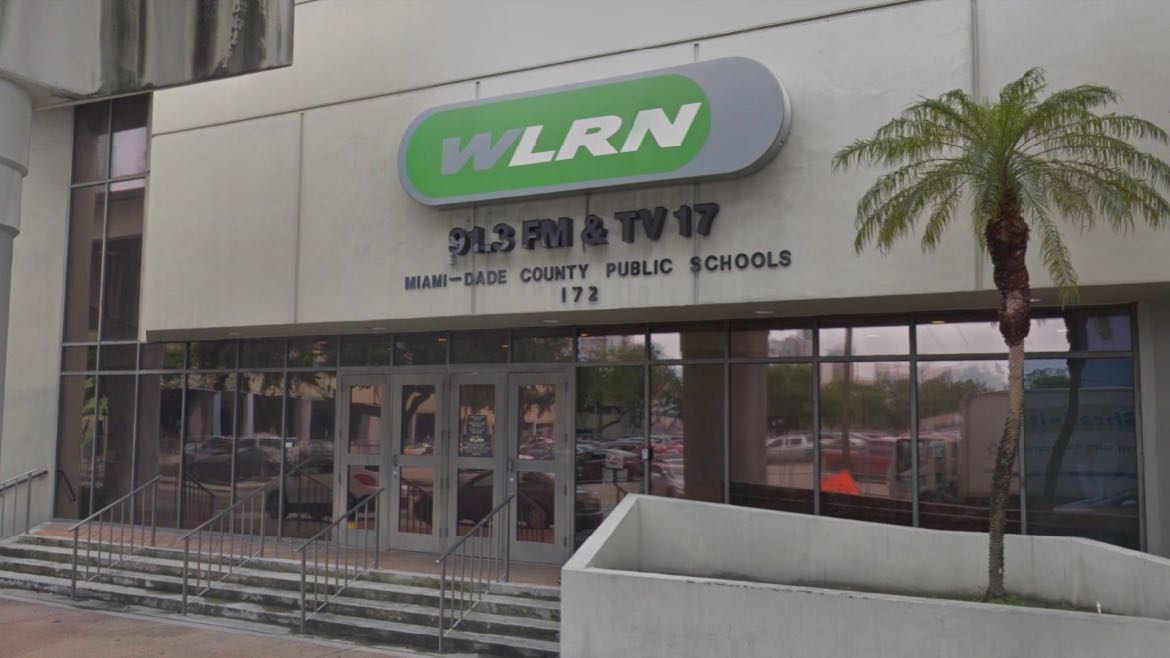FCC draft plan for repack aid turns down PBS request, favors assistance to TV stations
An FCC proposal for distributing additional funds for channel repacking rejects a request from PBS to reimburse the wireless carrier T-Mobile while prioritizing reimbursements to TV stations before radio broadcasters.
The FCC’s draft regulations, released last month, address how the commission should allocate $1 billion approved by Congress last year and appropriated over two years for reimbursing stations for repacking expenses. The law also opened the door for the agency to reimburse repack-related expenses related to radio stations and TV translators, allocating $50 million for FM stations in fiscal year 2018. The FCC’s use of FY19 funds is now at issue.
Some TV stations are moving to new channels following the FCC’s 2017 spectrum auction, and radio stations are also affected. An FCC fund established by Congress in 2012 provided an initial $1.75 billion for reimbursements.
Both NPR and PBS have sought to influence the FCC’s approach to handing out the reimbursement funds. In January, PBS asked the commission to reimburse T-Mobile for some of the financial assistance the wireless company has provided to public TV. PBS and T-Mobile began working together shortly after the spectrum auction ended to find new homes for displaced public TV translators.
In its draft rules, the commission rejected PBS’ proposal.
NPR, meanwhile, welcomed the draft proposal’s rejection of a graduated priority system for reimbursing radio stations in a meeting with FCC officials last week. But its policy representatives asked the commission to give higher priority to radio stations in payment of FY19 funds.
Commissioners will vote March 15 on whether to adopt the rules.
In its January letter to the FCC, PBS proposed that the FCC use some of the new funds to reimburse “third parties” such as T-Mobile for its financial assistance for translators.
“T-Mobile advanced critical funds to small, locally owned and operated public television stations throughout rural America so that they could continue to deliver curriculum-driven educational children’s content, trusted news and public affairs, and life-saving emergency alerts to the public,” wrote Talia Rosen, PBS assistant general counsel, in the letter.
But the FCC made clear that the wireless carrier will not be repaid. “There is no question that entities that are not displaced stations, such as T-Mobile and PBS, are not eligible to receive direct reimbursement from the Reimbursement Fund because they do not meet the eligibility requirements under the REA,” it said in the draft order.
The law limits eligibility for repack reimbursements to full-power and low-power TV stations, cable operators, TV translators and FM stations affected by the channel repack.
Spokespeople for PBS and T-Mobile declined to disclose how much T-Mobile has provided for relocating translators or how many translator projects have been covered.
PBS said in June 2017 that 284 of public TV’s 561 translators would be displaced during the repack. It estimated that some 38 million Americans were at risk of losing over-the-air reception of broadcasts from their local stations.
Correction: An earlier version of this article mistakenly referred to the time period during which the FCC will prioritize reimbursements to full-power TV stations. It is prioritizing use of the fiscal year 2019 funds but is not specifically limiting the funds’ use to within the fiscal year. The article also incorrectly described the FCC’s response to NPR’s request that radio stations deserve higher priority in payments of FY19 funds. The FCC’s draft order did not reject the request, because NPR made the request following the order’s release.





